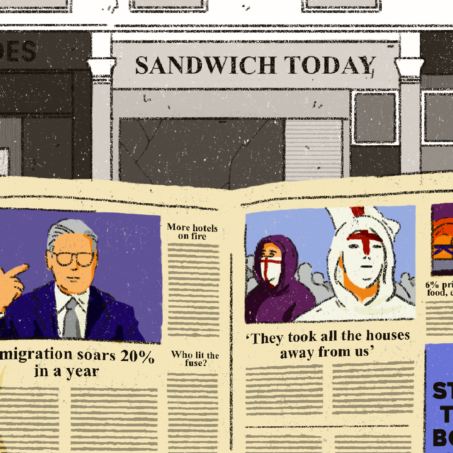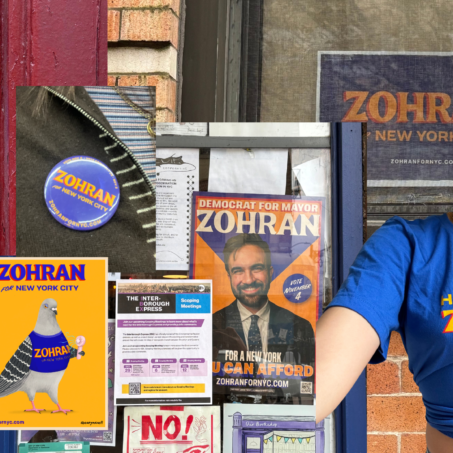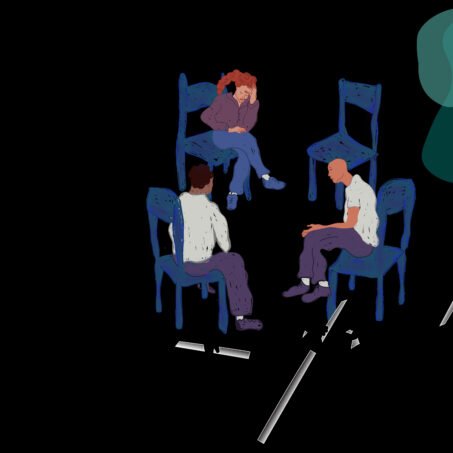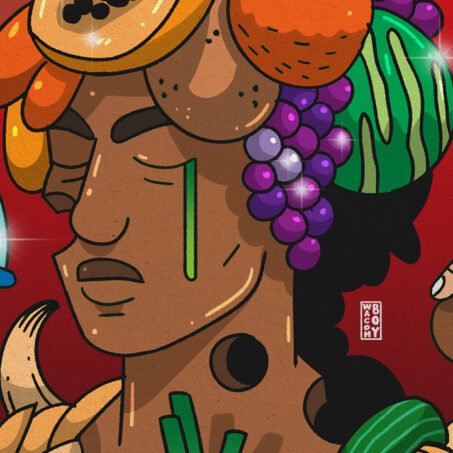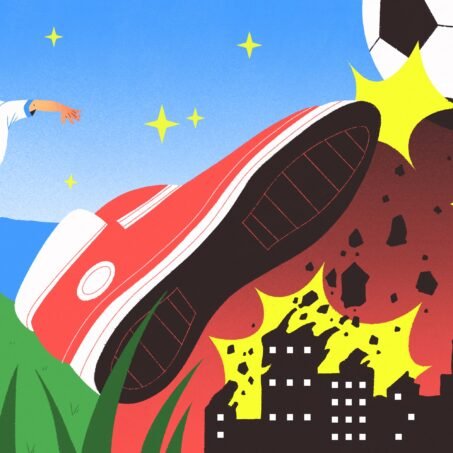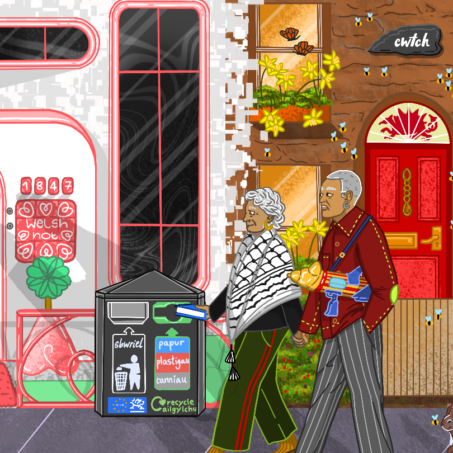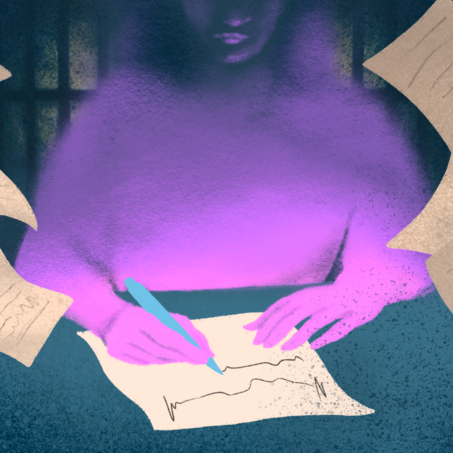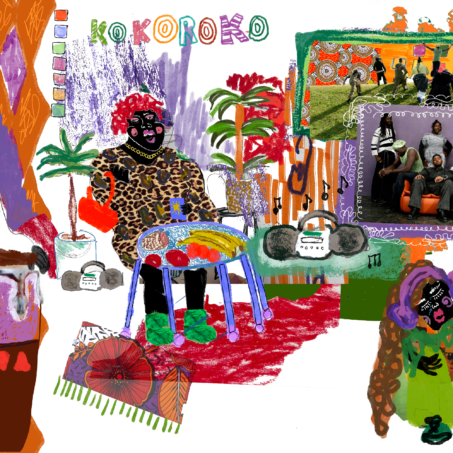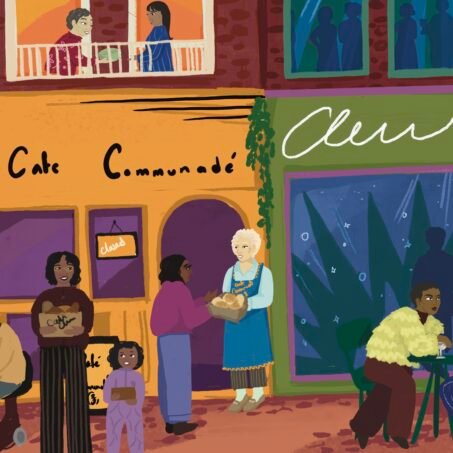When it comes to talking about transformative change that can decelerate – or, dare I say, resolve – the climate crisis, we often get stuck thinking about what we could achieve, failing also to think about some of the barriers that hold us back. Physical, social, cultural, psychological or economic, these barriers hold us back from taking tangible action, not just as individuals, but also as collectives and members of global systems.
Fields such as behavioural economics, environmental psychology and sustainability communication have risen in response to this issue, assessing the finer details of both action and inaction. Josephine Becker is also particularly interested in this problem and how we resolve it. The co-host of The YIKES podcast alongside Mikaela Loach, Jo has a background in environmental science, which she is now taking to the next level with a Masters in Behaviour Change.
Although the term ‘behaviour change’ implies a focus on individual action – which usually puts the onus on people to change consumption habits or live a certain way – it is important to recognise that people are more than their lifestyles or economic participation. Ultimately, it is individual actions and decisions that still feed into systematic problems; for example, while your personal life could be an environmentally-friendly, carefully-curated haven, your professional life might require you to make decisions that are a complete contrast. It is these deeply entrenched systems that Jo wants to explore through her Masters. “I’ve moved on from the ‘sustainability’ movement that puts pressure on individuals to make changes,” she says. “I want to address the deep roots of the climate crisis, and ask big questions. That is why I’m focusing my Masters on transformation, futurism and systems thinking.”
Systems thinking in a nutshell recognises that individual actors, causes or impacts do not exist in a silo, but rather as part of an interconnected network of actions, causes and impacts. Instead of assessing individual pieces in isolation, systems thinking advocates for an approach that recognises these interdependencies and therefore gets to the root drivers and origins of these historically-entrenched systems. We cannot separate ourselves from our histories, after all. “We live in systems based on power hierarchies, and people profiting from inequality,” Jo explains. “That includes patriarchy, racism, ableism, classism, colonialism and even speciesism, the belief that humans have superior rights to the planet.” While we have evidently made huge strides to undo these systems, there is still plenty of ground-up work to be done, which cannot be done if we don’t go right to the source of the problem. In other words, new systems are simply placed on top of old systems like band-aids, rather than any tangible effort being made to disband outdated systems and ways of thinking. That, Jo says, is what leads to issues like green capitalism and greenwashing: “Today’s fashion trade routes, for example, are based on colonial trade routes,” she reminds us. The fast fashion industry is one of many that continues to profit from global inequality, as well as widening the gap between the rich and the poor.
Thinking about our current systems and interdependencies from a bird’s-eye perspective requires a radical reimagining of what our world could look like. And this is difficult, because we not only live in the system we are trying to change, but in one way or another, we all contribute to it as well. The YIKES podcast is beginning to unpick some of these seemingly disparate conversations, by pairing the issues of refugee and immigrant justice with discussions about climate. Over the years, systems thinking has found a common root to these two problems: racism, xenophobia and imperialist thinking. This, for example, has allowed climate activists to begin campaigning against the roots of some of these systematic issues. In many ways, this also helps to engage a larger audience who might otherwise struggle to feel connected to environmentalism.
Thinking in this multilateral way has already given rise to some change. “Localism is going to be a major way we move forward”, Jo says, “including mutual aid and community-based activities.” Localism applies not only to peer-to-peer interactions and sizes of economies, but also how policy is enacted. Nuanced, local-needs-based solutions are vital, according to Jo: “One size will never fit all in the context of the climate – we cannot make the same decision for London and for rural Scotland.” Alongside localism, the study of urbanism and its systems is becoming increasingly vital in understanding the climate crisis. This, Jo says, is where one size could fit all, if we had sufficient means to share information between cities and meaningfully collaborate through open access data and education systems. Finally, rediscovering our relationships to land and the circular systems of nature has brought on an interest in regenerative thinking, which goes way beyond just agriculture and production processes. “Regenerative systems include advertising, education, and everything we consume, including media and images”, Jo says. A full, all-encompassing view of change is what allows for true reform, in her eyes, rather than a simple regurgitation of old worlds.
Jo recognises that thinking at such high levels requires a creativity that you usually find in children; as adults, we usually don’t have the time or capacity to engage our imaginations to this extent. The question, then, becomes how we nurture our creativity to be able to literally think outside the box – also known as ‘the system’ – that we have grown so accustomed to. She suggests starting small: “Think about the habits you can change within your own life and what is in your control first. Then go on to thinking about your community, your city and your country.” It is vital to think about both what is and is not working at every level, Jo says. “Outrageous and obscure ideas are welcomed – if we can imagine it, it is probably possible.” She suggests collectively imagining with friends and family, and using artistic expression to put your thoughts onto paper, whether that be in prose or in a drawing.
We cannot, however, hail solutions like localism and regenerative systems as innovative ideas. Black, Indigenous and minority ethnic communities all over the globe have been championing these ways of living for centuries, only to have them repackaged and whitened.
These communities are not only at the forefront of the climate crisis, but have also been living alongside consistent, state-backed pillaging of natural resources that in turn, makes them even more vulnerable to the impacts of climate change. Slow strides are being made, particularly in activist circles, to bring BIPOC voices to the forefront but there is a risk, Jo points out: ‘The communities who hold this knowledge are not at the table on a global level. At a community level, we risk domination and exploitation of that knowledge. Instead, we need to co-create with them and facilitate participation.’
Jo and Mikaela are launched Season 2 of The YIKES podcast on Thursday 17th September 2020, promising to bring some big questions to the table. Alongside climate justice and refugee rights, the pair will be discussing anti-racism, behaviour change, relationships and politics, with some surprise guests.
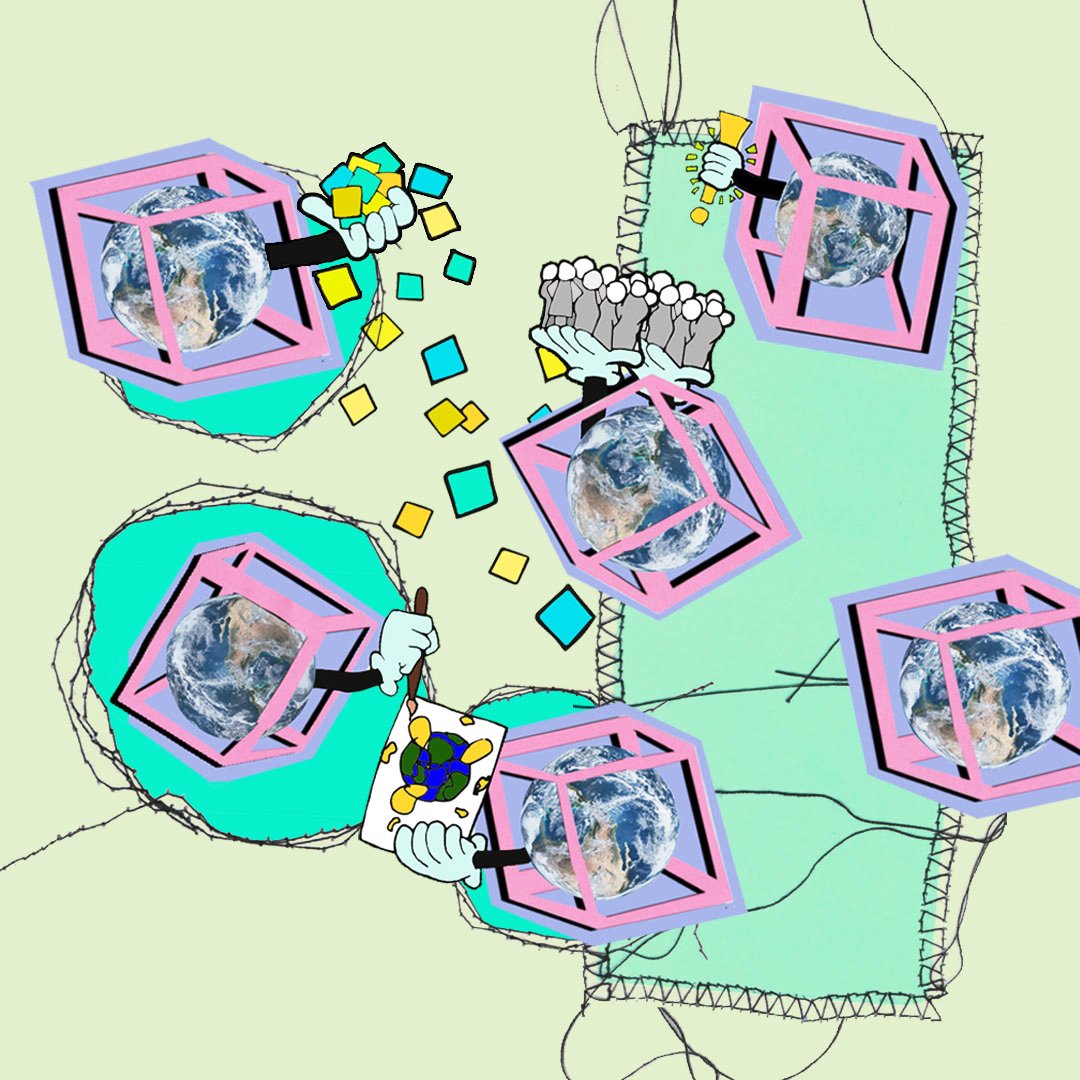
Find out more about The Yikes podcast HERE


